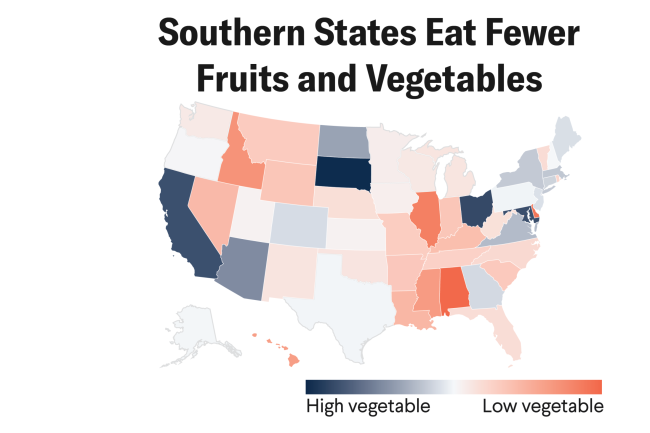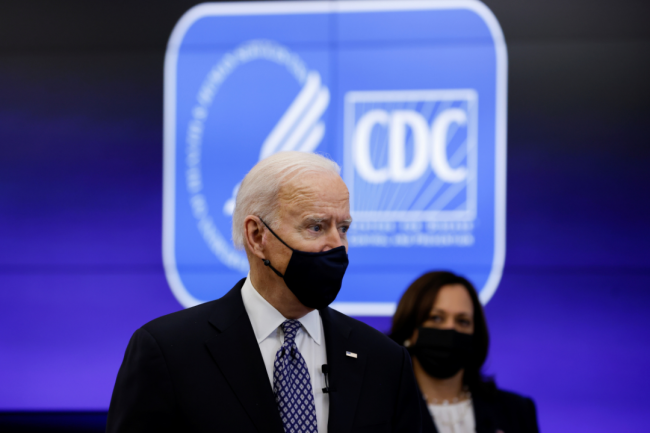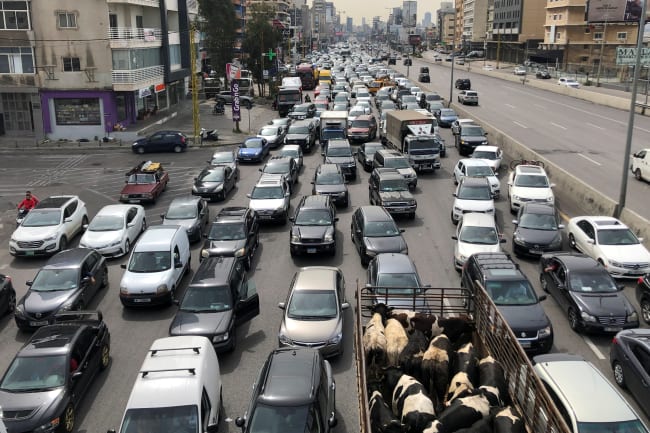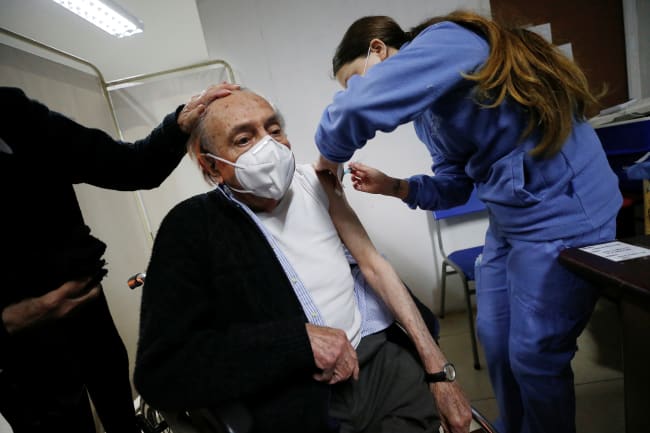Ali H. Mokdad is chief strategy officer for Population Health at the University of Washington and professor of Health Metrics Sciences at the Institute for Health Metrics and Evaluation. Prior to working at the University of Washington, Mokdad worked at the U.S. Centers for Disease Control and Prevention. He has published groundbreaking research on local-level disease trends and leading risk factors for poor health. His work on obesity is among the most highly cited in the field.











